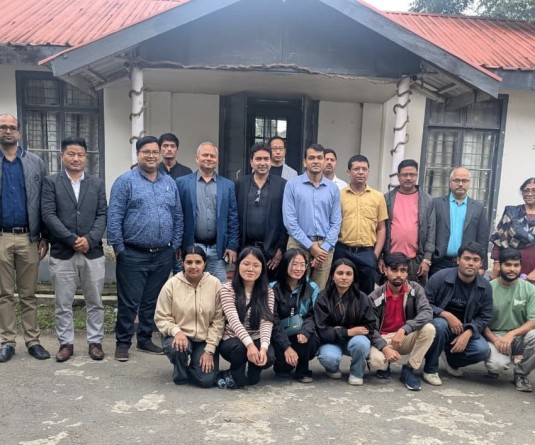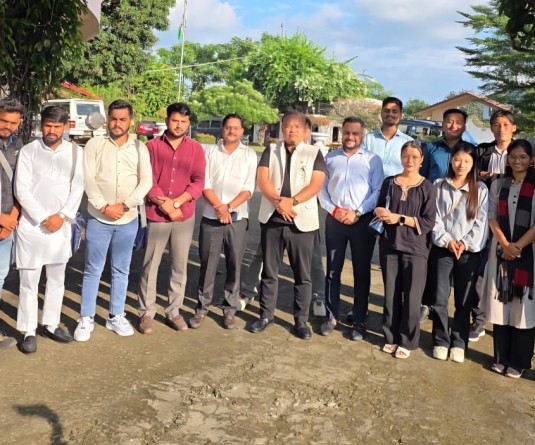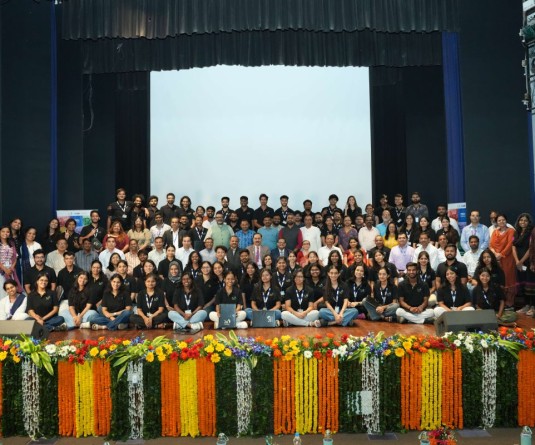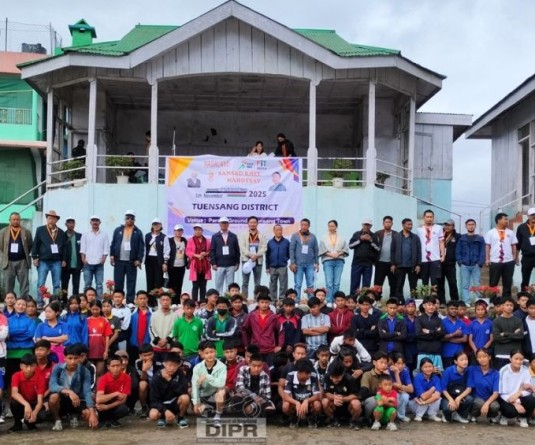
Our Correspondent
Kohima | February 22
The Department of School Education has claimed that during 2018-19, the contentious Mid-Day Meal Scheme has covered 1,63,701 children from 2059 government schools and 44 NCLP (National Child Labour Projects) schools as per the provision of the entitlement of students from classes I to VIII.
This was stated in the department's Annual Administrative Report of 2018-19 which was tabled in the State Assembly on Friday by the Chief Minister Neiphiu Rio.
The Government of India introduced Mid Day Meal Programme under the Scheme entitled 'National Programme of Nutritional Support to Primary Education' (NPNSPE), popularly known as Mid Day Meal. This Programme was launched on 15 August 1995 in the whole country as a Centrally Sponsored Scheme and in the year 2001, the Supreme Court of India had ordered all the state governments and union territories to implement Mid-Day Meal Scheme and provide cooked meals to school children from Government and Government-aided schools in an attempt to enhance enrolment, retention and attendance while simultaneously improving nutritional levels among children in schools, mainly with the following objectives: to improve the nutritional status of the children in Government and Government Aided schools; improving the nutritional status of children in classes I to VIII in Government and Government aided schools; encouraging children belonging to disadvantaged sections to attend school more regularly and help them concentrate on classroom activities; and to promote a feeling of oneness and secularism amongst various different religions and cultures.
The MDM Scheme was introduced primarily to protect the nutritional as well as the educational rights of the children due to the fact that children are not able to concentrate in their studies with empty stomach and there is a need to focus upon the MDMS to overcome child's short term hunger. Thus, initiating this kind of meal programme, Government of India aimed at helping the children belonging to the poor socio-economic background to attend school and to have at least MDM through which their education as well as food related issues could be tackled. Significantly, the scheme was intended for the tribal areas of various states in the country where, the level of food insecurity and starvation in much higher and children are sold due to acute poverty of the parents. Therefore, MDMS is perceived as a major means to impart positive habits among the children and also in educating them on the importance of health, sanitation and socialization. The MDMS is an entitlement of students from classes I to VIII of Government and Government Aided schools in the country, and promises to provide each child one third of the daily nutrient requirement in the form of cooked meal to combat food and nutritional deficiencies.
The department stated implemented MDM scheme since inception, many norms and guidelines have been revised in tandem with the changing times. For effective Implementation of the Scheme, Implementation Manuals incorporating the guidelines issued by Government of India. The State Level Steering-cum-Monitoring Committee is comprised of the following- Chief Secretary as Chairman, Development Commissioner, Finance Commissioner, Secretaries of Health and Family Welfare, Food Civil Supply, Rural Development, Social Welfare and PHE and Regional Manager FCI as members, and the Secretary of School Education as member secretary.






